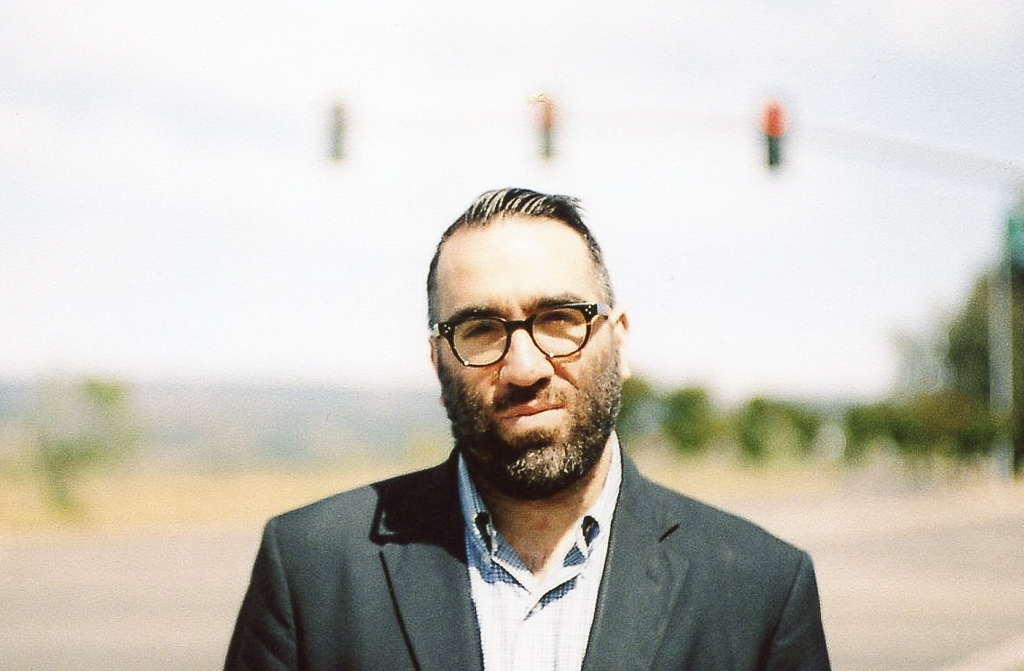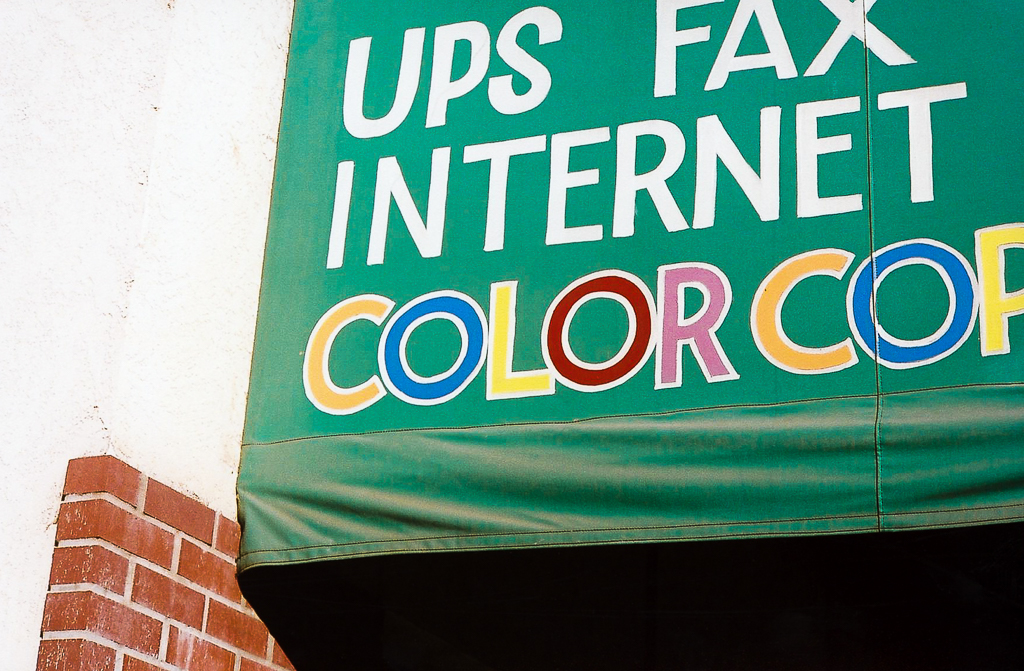Day 2 of SnappedAway In-Depth Series with Kevin Michael Klipfel. We talk about how he got interested in photography, his inspirations and challenges.
Can you briefly introduce yourself and your photography style to our readers?
My name is Kevin Michael Klipfel, I am an American photographer who was born in Buffalo, New York in 1981, and I currently live in California.
I am interested in candid art photography that reflects everyday American life in the present moment, or at least one person’s vision of that.
How did you get interested in photography? And why did you pick photography as a medium and a form of expression. Why is it right for you?
I can actually remember the exact moment I got interested in photography. When I was about 18 I moved from Buffalo to Houston, Texas. I remember coming back to Buffalo for a visit and my mother driving me home from the airport and just being totally captivated by how different the city seemed to me after having been away for a long time. It had never seemed very interesting to me growing up there – in fact, at the time I thought it was probably the most boring place in the world – but, coming back it just seemed like the most visually interesting place, with a really unique character. I felt very connected to that sense of place and what it represented to me about my life. I remember sitting at a stoplight and very clearly thinking, “I would like to photograph this.” That wasn’t when I got serious about photography but it’s the first time the impulse to capture things in photographs really struck me.
Photography seems right for me because I really like to do it. It seems to satisfy some impulse I have to make things and document my experience. And it makes what I guess I’d call the pain of everyday living – the struggles, the anxieties, the fact that things are not permanent – seem a little less heavy to me. I read this thing once in a biography of Flannery O’Connor where even on her deathbed she was like sitting there scribbling away at a story under the hospital sheets when her doctors weren’t looking. I think that’s exactly how I feel about photography: dying might not be so terrible if I could photograph it while it was happening. Life, too.
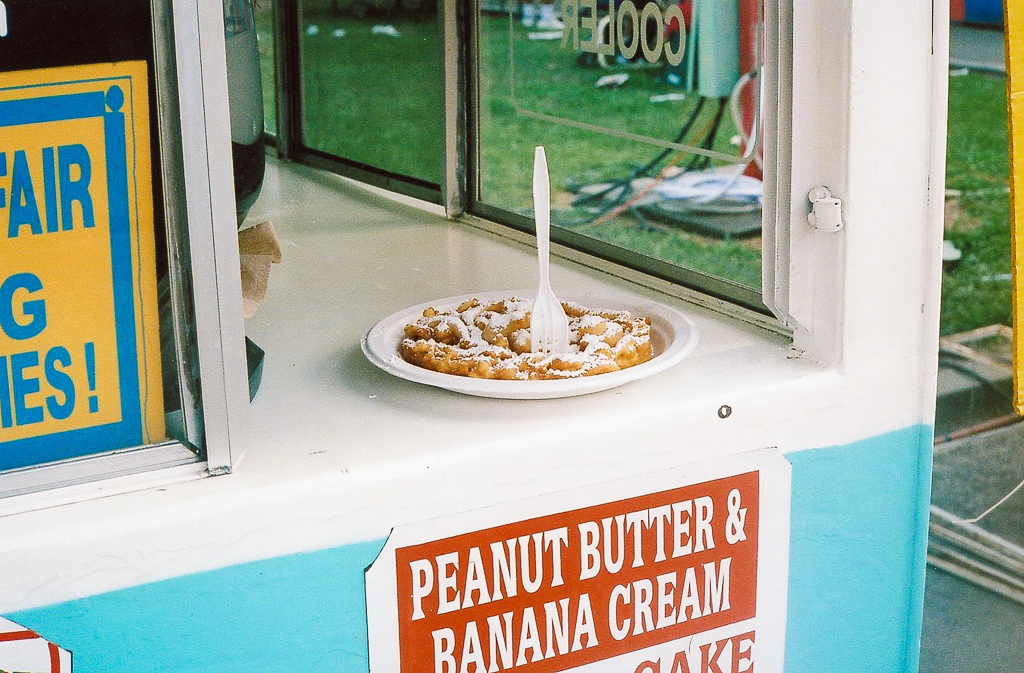
How did you learn how to shoot? And what did you find the most helpful source of information along this way (tutorials, forums, classes, reading manuals, having a mentor)?
I have no formal training; I learned by just going out and doing it every day. I also spend a lot of time looking at photo books by photographers I like. I think the combination of trial and error and then seeing how other photographers handled their material was the way I was able to get a sense of composition, framing, and the like, and was really the most helpful thing. I have never spent much time with photography manuals, although there were many technical things I picked up along the way, which I kind of just learned as I went along, and saw the need to learn them. I think it’s very important to develop a sense of craft and technical proficiency, but also very important to not get too bogged down in that: the aim at the end of the day is to express yourself with a camera, not to know a lot about cameras.
What I would recommend to aspiring photographers is to just go shoot and to not be afraid to fail. I’ve seen some people think they need to become technical experts before they develop the confidence to go out and shoot a lot, but I don’t think it works that way: that confidence and learning is a byproduct of actually doing it a lot. I have messed up tons of things, loaded rolls of film wrong, forgotten to change the ISO speed on the light-meter, taken entire rolls with my finger in the middle of the picture – all that – but that’s how you learn anything. Just the other day I shot an entire roll of medium format film and forgot to take the dark slide out of the camera. I was annoyed with myself at first because I really liked the shots but then it was funny: you’re always learning and just take it in stride, trying to realize it’s a process, and remembering to be kind to yourself along the way.
To someone just starting out, though, I would highly recommend Eric Kim’s street photography blog: http://erickimphotography.com/blog/
Eric has a lot of great introductory articles on masters of photography and what you can learn from them; advice about cameras; and I think he’s really good at giving practical, philosophical advice about how to photograph, and live, in a meaningful way. I wouldn’t put too much stock in much of what you see online, like on Flickr, but there are some sites like Eric’s that are nice recourses.
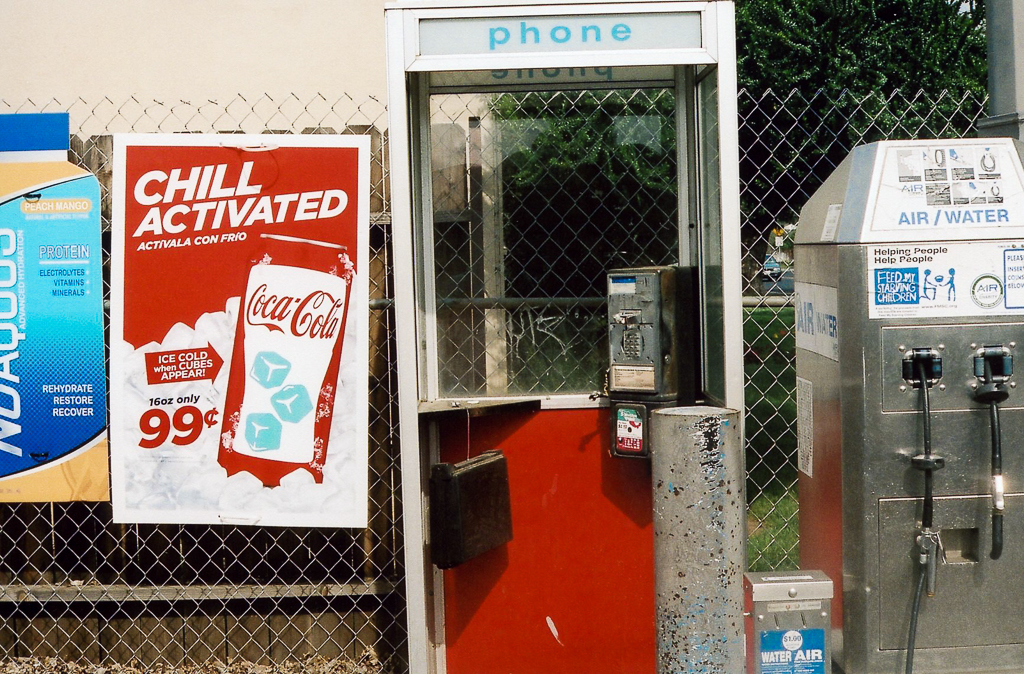
How about your photography style? Can you describe your journey to where you are right now?
I think for a while I was just concerned about making “good photographs,” whatever exactly that might mean. It’s almost like you feel like you have to prove that you can do that, but after a while I think you want to do something that’s a little more personal, a little more meaningful, and that’s definitely where I’m at right now. Practically, I think that’s meant a few different things. It’s more rare for me now to go out on a specific trip to go take photos; instead I try to just bring a camera with me if I’m going somewhere with friends or (by the time this comes out) my wife, and make photos of my experience that way. Those tend to be the ones I like best so I’ve tried to make that more of my focus. Compositionally, I think I’ve become more interested in a kind of “snapshot” aesthetic, or what Stephen Shore calls in an interview in the recent edition of Uncommon Places, a “consciously casual” style. When I started out I was really influenced by Cartier-Bresson and the whole obsession with geometry and turning pictures upside down to check their composition and that whole thing, but that is all less important to me now. And, although I started out shooting digital, for whatever reason shooting film has come to feel much more personal to me. This is true not only for the results of the pictures, but also the process itself is just much more fun and enjoyable to me. I really like the physicality of the cameras, loading the film, exposing and focusing manually, getting it developed, all that. So now for the most part I shoot film pretty much whenever possible.
The thing that hasn’t really changed is the subject matter I’m interested in and the focus on color in my work. That has always been the same and I would be surprised if I ever really deviated too much from that.
Do you remember your first most inspiring photographer/ photobook/ exhibition in your life? And how about other photography masters? How do they inspire you and how do they influence your photography style?
The first photobook that blew me away was William Eggleston’s Guide. That was the thing that made me think I could take that initial impulse I had to document my life at the age of 18, and actually buy a camera and go out and do that. The photographers that I continue to find most inspiring are William Eggleston and Saul Leiter. I also really love the work of Henri Cartier-Bresson and Stephen Shore, but Eggleston and Leiter are the big ones for me. I come back to their books again and again – I probably flip through one of their books at least once a day. I find them inspiring in any number of ways, but aside from the obvious, I think what I really like about both is the way they followed a personal vision of seeing the world and pursued that. That more than anything is what I sort of try to bring to my work. Not to copy them, but to take the lessons of their work and apply it to my own context in a personal way.
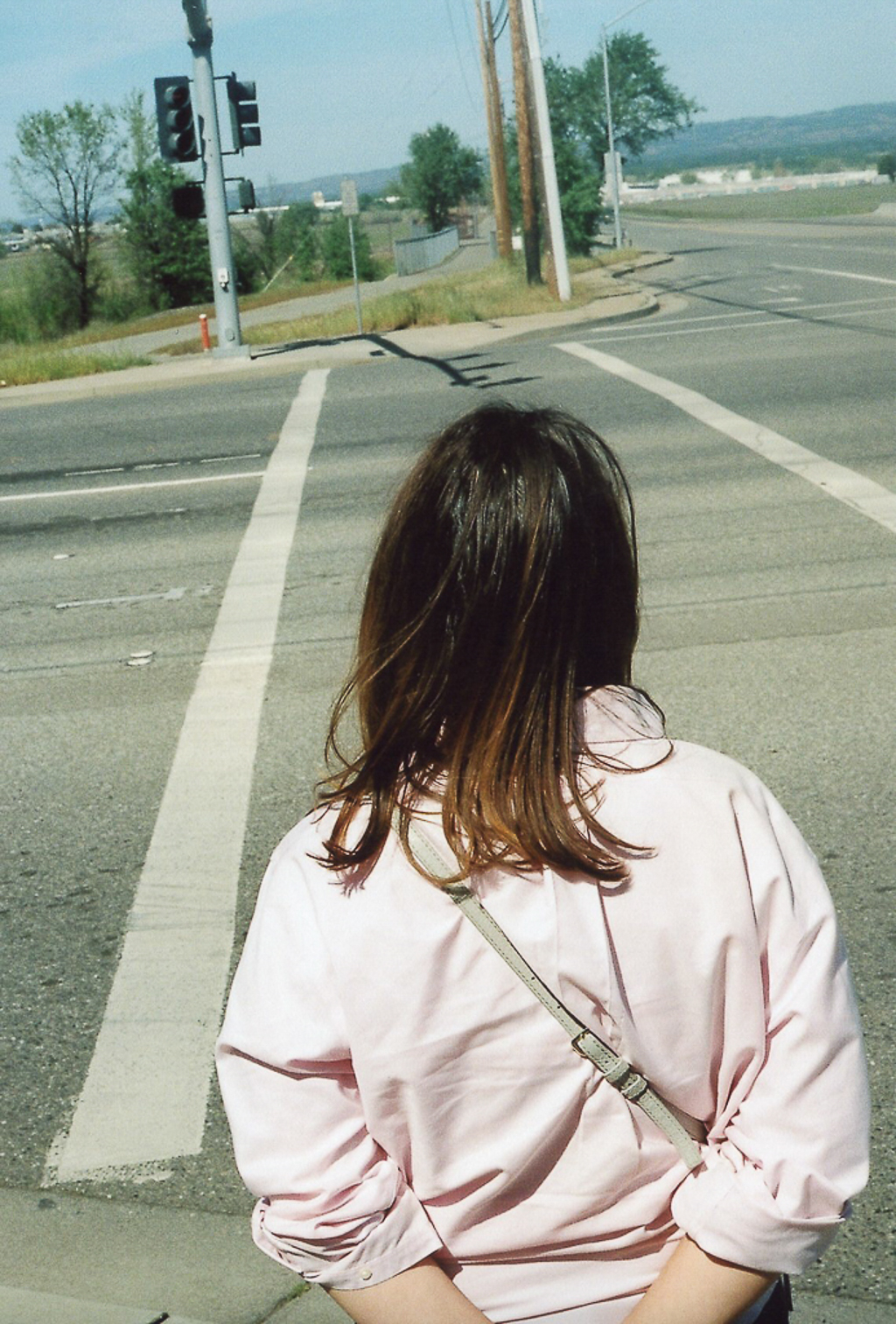
How do you work? Are you after a specific project or a single frame? Do you come with idea first or the idea finds you when you are shooting? How do you find your project ideas? Please share your work flow with us.
I am never really thinking of a specific project in terms of photography portfolios or anything like that. I don’t think stuff like “This is the project where I take photos of lots of guys in suits as a symbol of the impact of corporate America on the individual worker,” or whatever (although, of course, some people do that, and that’s totally fine). The closest thing I think I could compare it to is something more sprawling in the vein of American writers like Henry Miller or Jack Kerouac, who wrote a series of non-fiction novels based on their own lives, projects that, although there were natural divisions and themes, were always ongoing.
What is your favourite or memorable project/ photo you have worked on. Why? And also what is the project you will share with us.
I’m really just most excited about whatever I’m working on at the time: getting that last roll I shot back, taking the next picture – just the excitement of making something, of working on the thing itself.
The project I’ll be sharing is called “Somewhere Else,” after a quote from Joan Didion about California. Whereas a good deal of my work focuses on everyday objects, this is a series of my photos of people. Aside from that I think the major thematic elements these photos share are my interest in film-noir like shadow, saturated colors, and the use reflection to approach subjects in a kind of oblique way.
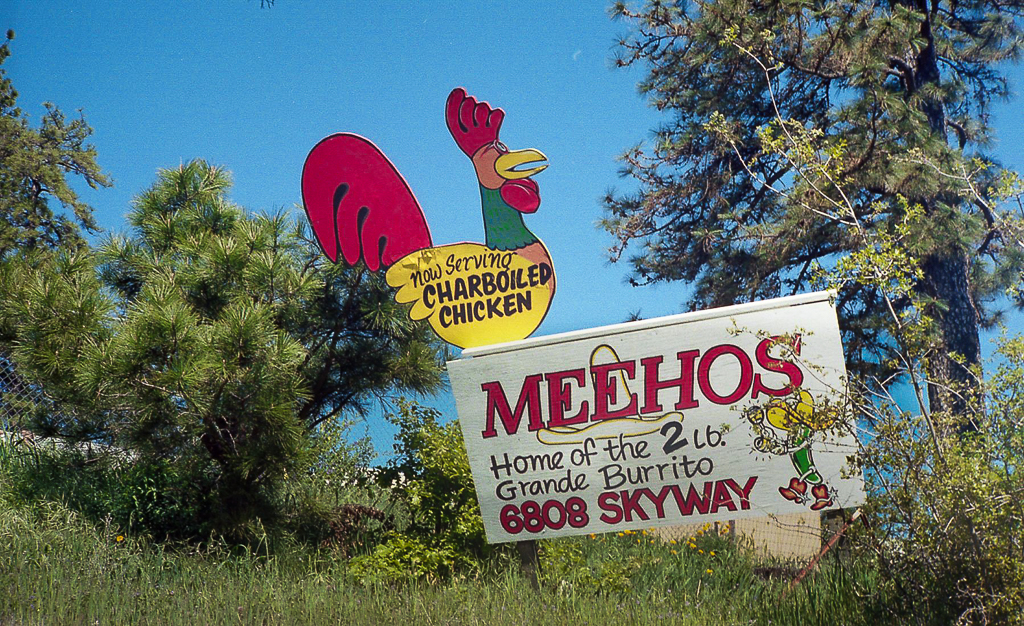
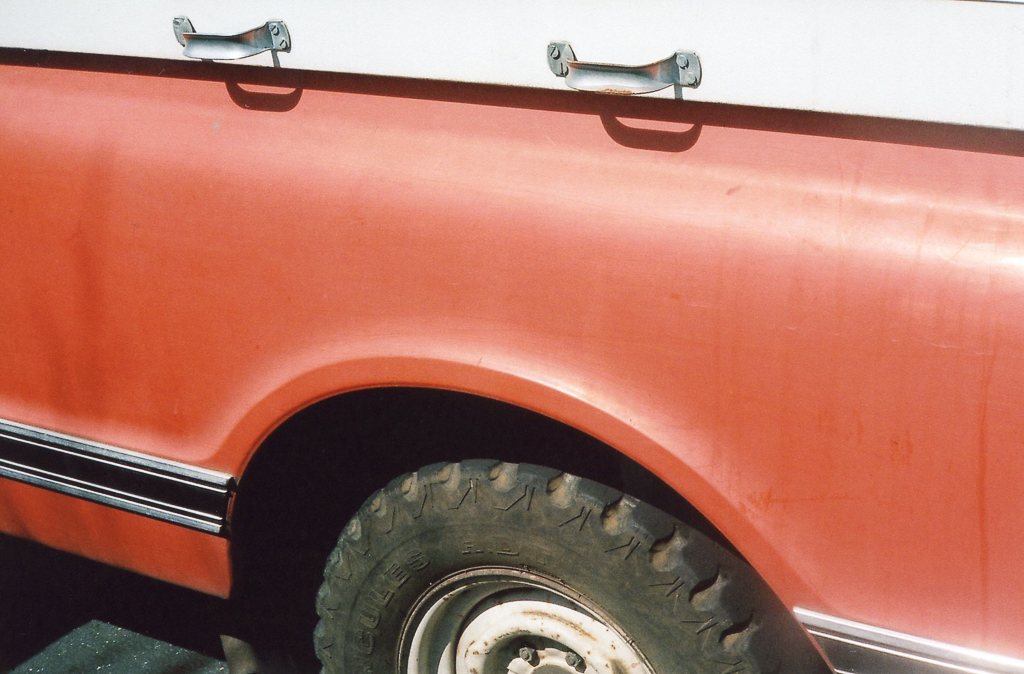
What do you personally find challenging as a photographer?
I think it can be very hard to avoid nostalgia in photography and that is the thing I try to avoid in my work more than anything. It’s easy to think an old car looks cool, and want to take a photo of that, but ultimately what I find interesting is doing work that reflects my life in the present.
Do you have your favourite lens? Why this specific one? Favourite camera?
My favorite focal length is 50mm because I do think it’s the most natural way for me to see. My favorite cameras to use are 35mm film rangefinders with a 50mm lens; I just think they are the most fun to use. I also really like a Mamiya Super 23 I have for medium format. As far as digital, I have a Ricoh GR that I’ve shot a lot of my work on. It’s a great little camera to always have in your pocket and the 28mm wide-angle lens is really useful sometimes. I think that camera, or a Fuji X100, would be a great camera for someone just getting started – I had a chance to use one of those the other day and thought it was great. The Fuji has the advantage of being (at 35mm) slightly less wide and cooler looking, the Ricoh has the advantage of fitting easily in your pocket and being with you at all times, so I think the Ricoh wins.
What is one piece of advice you would like to offer a person starting as a photographer.
Just focus on making something satisfying to you.
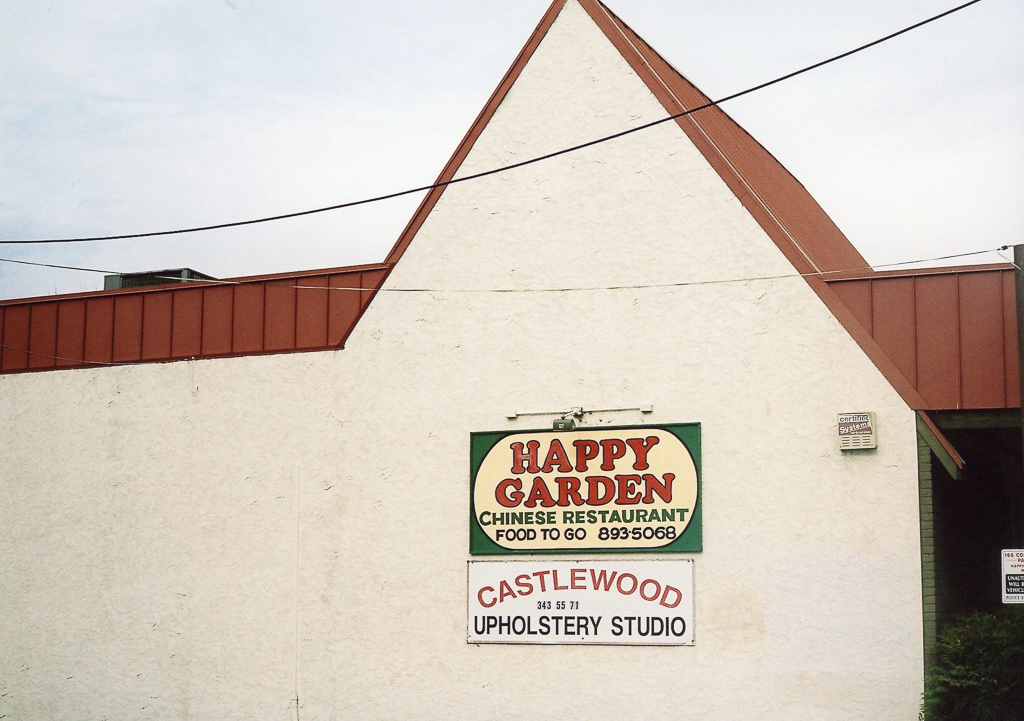
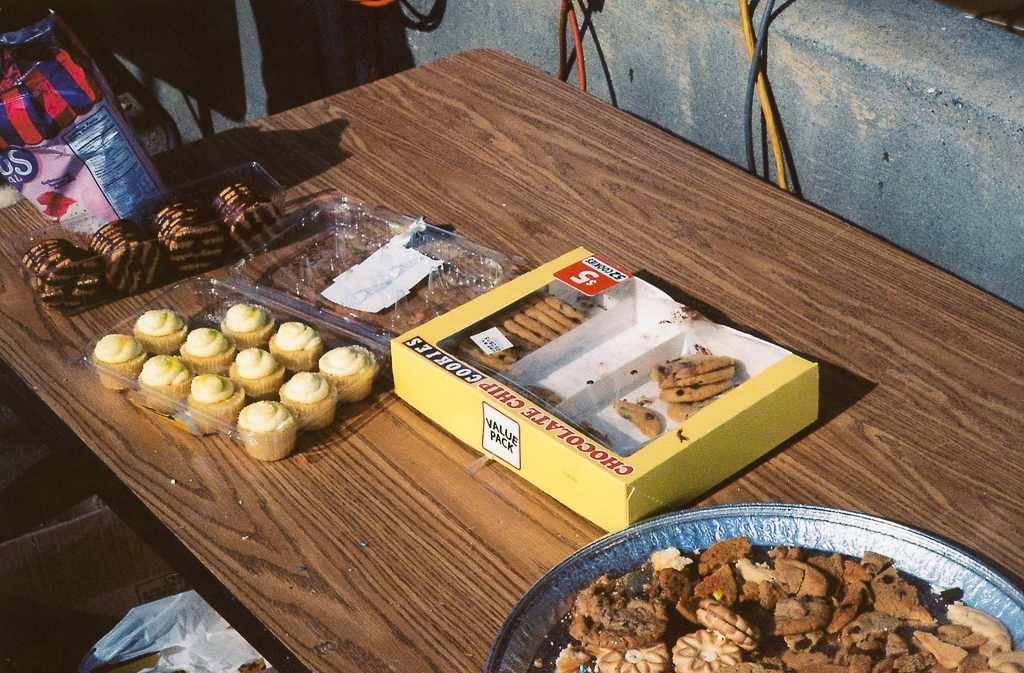
If you enjoyed reading this post check the previous blog entry with my introduction to Kevin’s work and also stay with us for more of his photography.
Share this Post
Recent Posts

